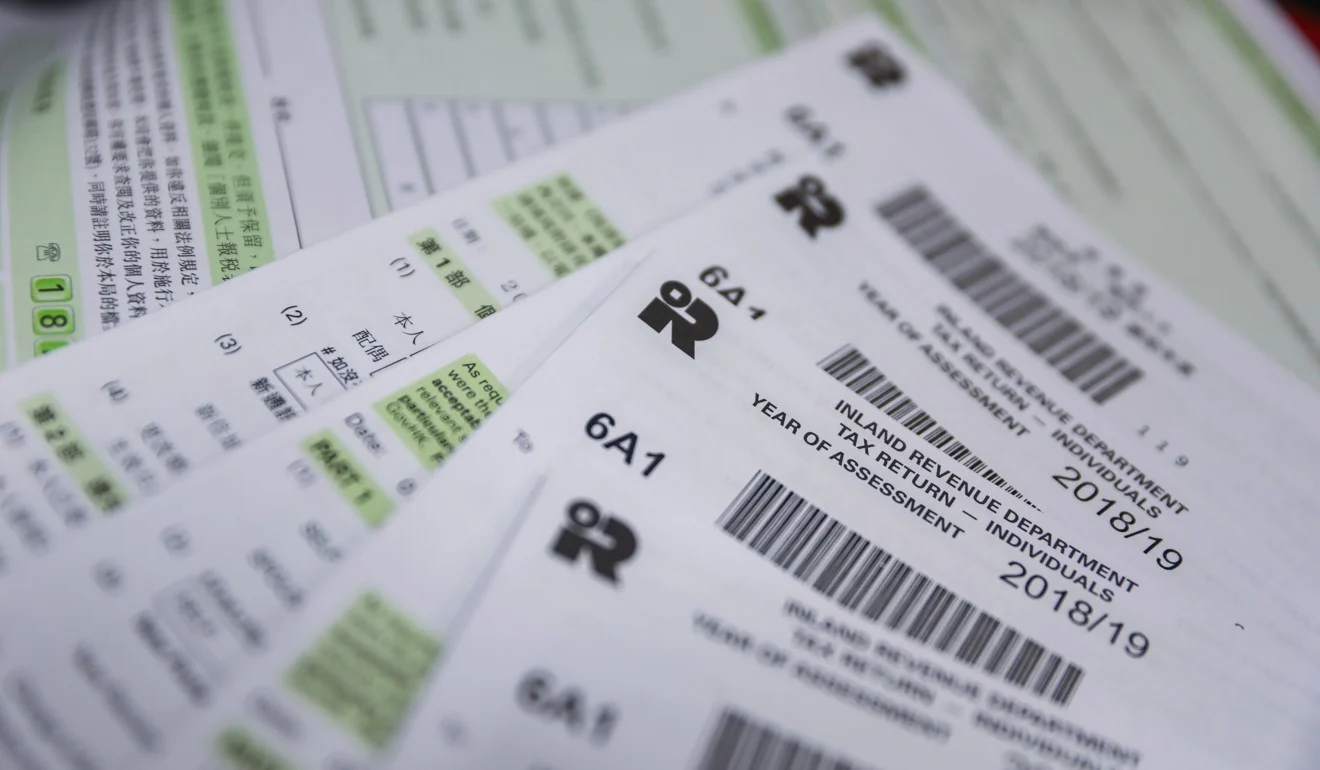Paying rent in Hong Kong isn’t cheap, but did you know there are clever ways to make your rent work harder for you at tax time? Here are five strategies to get the most out of your rental reimbursement benefits.
1. Use Rateable Value When It Works in Your Favor
Sometimes the 10% rental value added back by the tax authority exceeds your actual rent. Don’t worry! You can use your property’s rateable value instead.
The rateable value is the government’s estimate of your property’s annual rental value, which is often lower than market rent.
Best of all, you can backtrack this for up to six years of tax assessments, potentially saving money from previous tax years too!
2. Time Your Decision Strategically
Not sure whether to join your company’s rental reimbursement scheme because you don’t know what your annual income will be? Join anyway!
When your company requests rental receipts at the end of the tax year, you can decide whether to submit them. No receipts means no verification, which means you’re effectively not participating in the scheme.
This gives you the flexibility to claim residential rental deduction instead if it turns out to be more beneficial.
3. Consider Your Rental Expense to Income Ratio
As a rule of thumb, rental reimbursement schemes benefit you most when your annual rent exceeds 9% of your income.
Do a quick calculation: divide your annual rent by your annual income. If the result is greater than 0.09 (or 9%), rental reimbursement likely gives you bigger savings.
If it’s less than 9%, you might be better off with the residential rental deduction (up to $100,000).
4. Keep an Eye on Your Housing Arrangements
Different housing arrangements have different tax implications:
- Standard rental apartments qualify for both options
- Serviced apartments usually don’t qualify for residential rental deduction (due to licensing agreements rather than tenancy agreements)
- Properties you own don’t qualify for residential rental deduction
Make sure your housing choice aligns with your tax strategy.
5. Double-Check Your Tax Assessment
If you’ve been using the rental reimbursement scheme, check if the tax authority has been using the correct figures.
Sometimes, switching to rateable value or identifying errors in previous calculations can result in significant savings, even for past years.
The Bottom Line
Taking a strategic approach to your rental expenses can lead to substantial tax savings. A few minutes of planning could put thousands of dollars back in your pocket.
Still not sure which approach is best for your specific situation? We get it—tax decisions can be tricky! That’s why our tax experts are available to answer your questions directly on Instagram. Message us @DimTax with your rental situation details, and we’ll help you maximize your tax savings.
Remember, the key to smart tax management isn’t just knowing the rules—it’s knowing how to make them work for your specific situation! Feeling more confident about your rental tax options? That’s what we’re here for at DimTax.com—making tax simple, one rental reimbursement at a time.


